Written by Bridge Church Elder Bill Erickson
When I was in my early teens we moved to a new subdivision. Our street was the only one finished and there were no houses behind us. Across the street lived a very sweet dark-haired young girl named Janie. On Sundays when she was waiting on her family to get in the car for church, she would walk out on her driveway and survey the neighborhood. I liked to think she might be looking my way. However, Janie was of another faith, and so, off limits for me as I was from a very strict Christian home. I played a lot of softball during the summertime with other kids I got to know, including Janie, but my mother would remind me, “Don’t even think about going out with Janie.” You see, my mother held this prejudice against the particular faith of Janie and her family. They “don’t believe like us.” After a few years, by the time high school rolled around, I’d worn Mother down and I finally got to go out with Janie.
What is prejudice? If we look to a dictionary we find it is:
An unfavorable opinion or feeling formed beforehand or without knowledge, thought, or reason.
Any preconceived opinion or feeling, either favorable or unfavorable.
Unreasonable feelings, opinions, or attitudes, especially of a hostile nature, regarding an ethnic, racial, social, or religious group.
Your prejudice may not be the same as my prejudice. But some form of it tries to grow in every human heart. It might be a political affiliation, an economic or marital status, a religious background as my own story showed. Perhaps, it’s clothing style, hair length, style or use of cosmetics. Whatever, it is an insidious weed in the human heart and we must be diligent to pull it out. The apostle Peter was no exception. Let’s look at his story.
In Acts chapter 10 and 11 we find a lesson in overcoming prejudice. At this point, the church is about 5 or 6 years old – same age as The Bridge. The gospel has spread from Jerusalem and was sweeping through Judea and Samaria. Amazingly, Peter had welcomed, as brothers and sisters, the Samaritans, a people that he and fellow Jews looked down upon.
In the opening verses of chapter 10 we meet Cornelius, a centurion of what was called a Italian cohort. Cornelius was about as Roman as a man could get outside of Rome. But, this commander was a God-fearing man. He gave generously to the Jewish people the text tells us. Cornelius was from Caesaria Maritima. It was a city that represented everything that was wrong with Israel – Roman domination and Gentile occupation aided by Hellenistic Jews.
Caesarea Maritima was built by Herod the Great to rival Greek cities. It was complete with elaborate palaces, public buildings, a large amphitheater, a temple dedicated to Caesar and Rome. It was the capital of Roman occupation in Israel. It was an engineering marvel of the time and a preferred harbor for merchant and military vessels alike.
Cornelius had a vision that he should send for Peter. Peter was in Joppa staying with a man named Simon, a tanner. Jews considered tanners as unclean because they handled dead animals. Why would Peter be staying with a tanner?
Despite his open-mindedness regarding the Samaritans and accepting the hospitality of Simon, the tanner, he would never have considered going up the coast 30 miles to Caesarea, but that’s exactly what he did! While there, he has this vision of a large sheet coming down by its four corners. In the sheet were all sorts of animals, crawling creatures of the earth and birds of the air. (v.12)
A voice came to him saying, “Arise, Peter, kill and eat!”
“By no means, Lord, for I have never eaten anything unholy or unclean.”
Again, a voice came to him… “What God has cleansed, no longer consider unholy.”
This happened 3 times. (Seems Peter’s lessons always come in threes!)
God had to prepare Peter’s heart. It was no easy task. From the beginning, by God’s grace and His sovereign choice, the Hebrews had been His chosen people. Through the centuries, from the patriarchs of the Old Testament to Peter, pride crept in and convinced many Jews that because they were the chosen nation, they were somehow superior to all the others. With traditions built upon traditions, prejudice took root in their heart.
The story continues with Peter at Cornelius’ home in Caesaria. Entering the house he tells them, “You yourselves know how unlawful it is for a man who is a Jew to associate with a foreigner or to visit him; yet God has shown me that I should not call any man unholy or unclean.” (v.28)
The Gentiles were “unclean” to them.
It’s important to note that Peter was perplexed by his vision, yet he obeyed. (v.17)
“I most certainly understand that God is not one to show partiality, but in every nation the man who fears Him and does what is right, is welcome to Him.” (v.34)
Change is difficult, and often we must do what is right even though our feelings don’t always follow right away. Peter obeyed. And, by his obedience opened the door of sharing the gospel to the Gentiles by the apostle Paul. He says in chapter 11 verse 17, “Therefore if God gave them (the Gentiles) the same gift as He gave to us also after believing in the Lord Jesus Christ, who was I that I could stand in God’s way?”
So I ask you this. What is the prejudice in your sheet and in God’s way? We all carry some sort of it and must repent.
Bill Erickson


